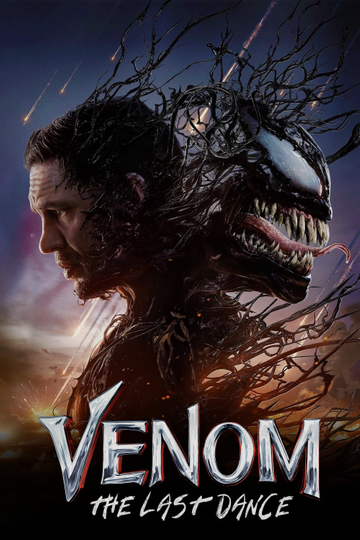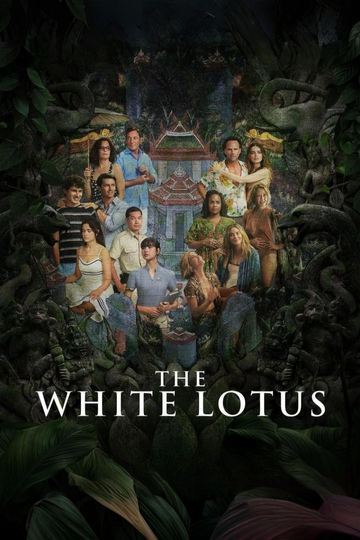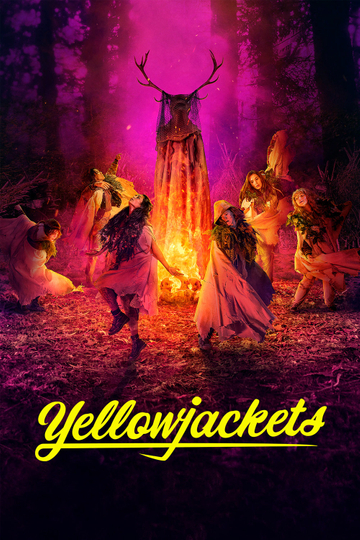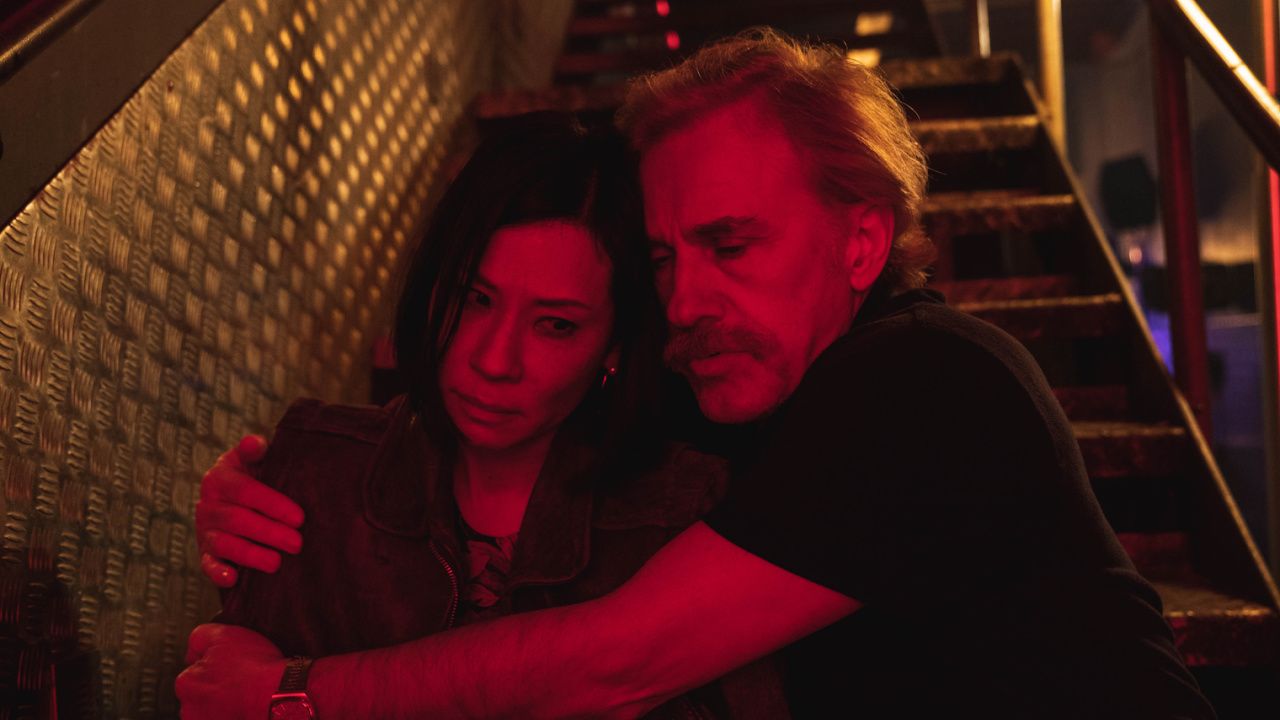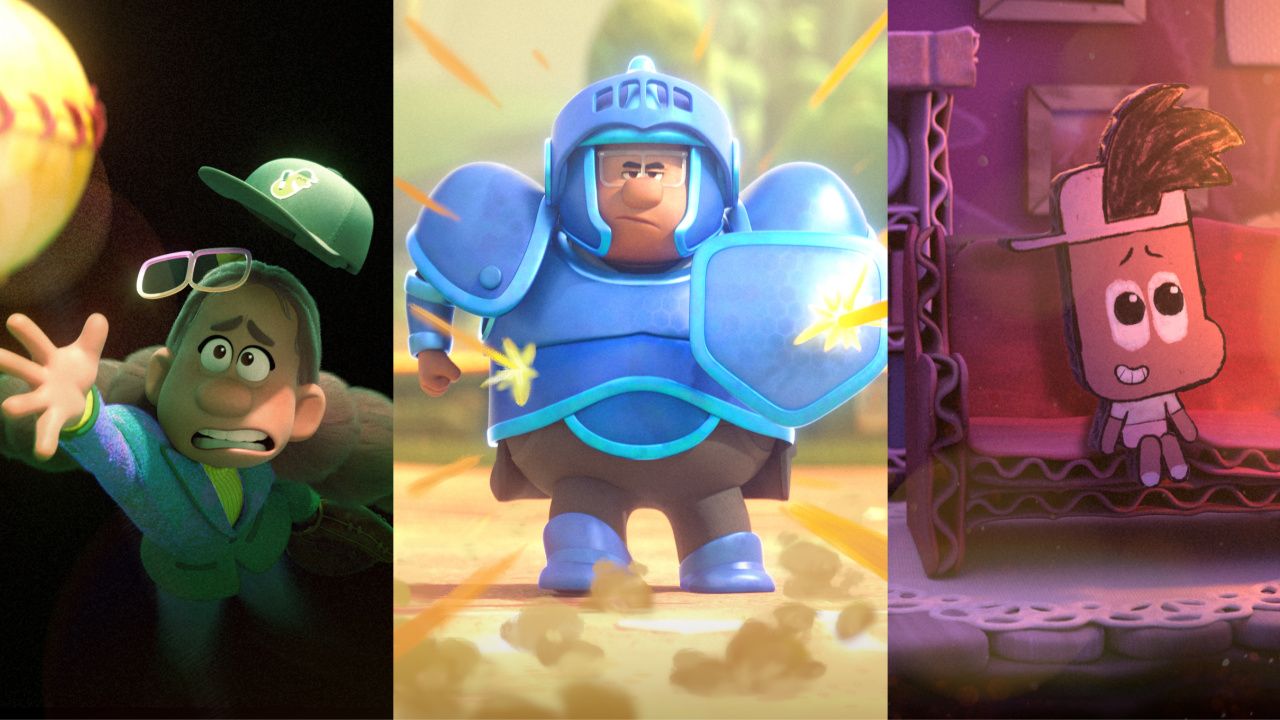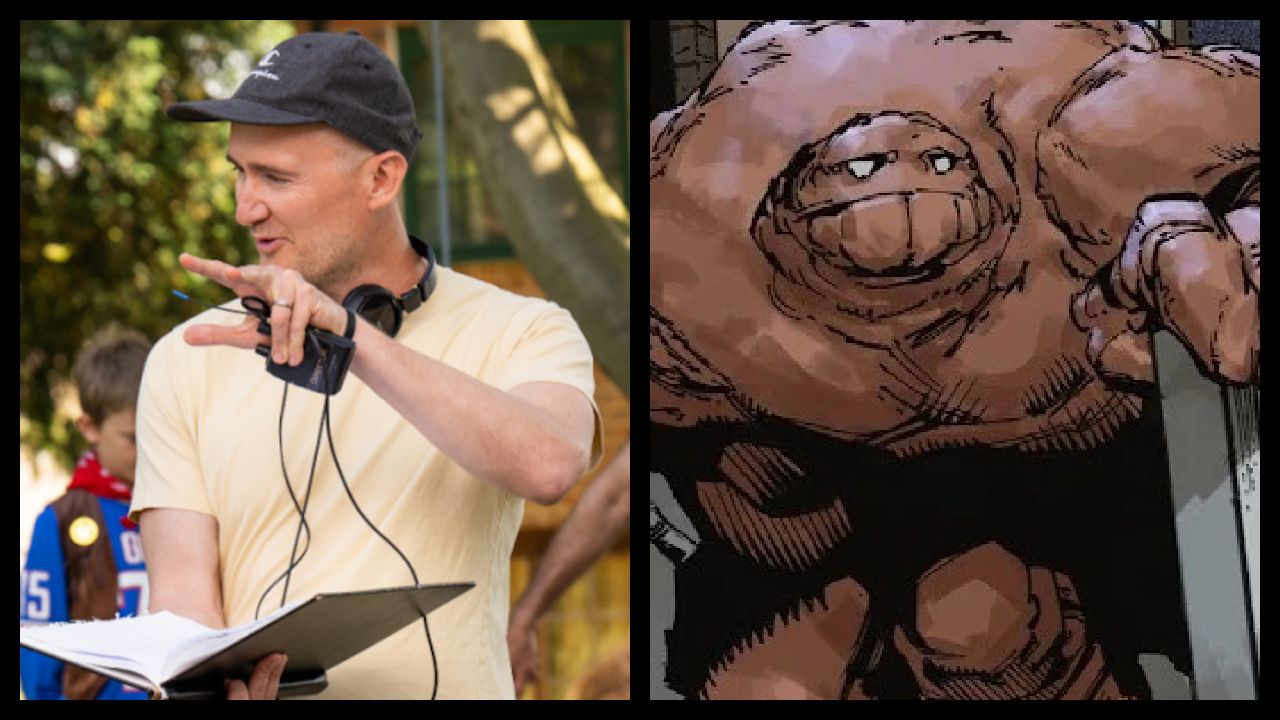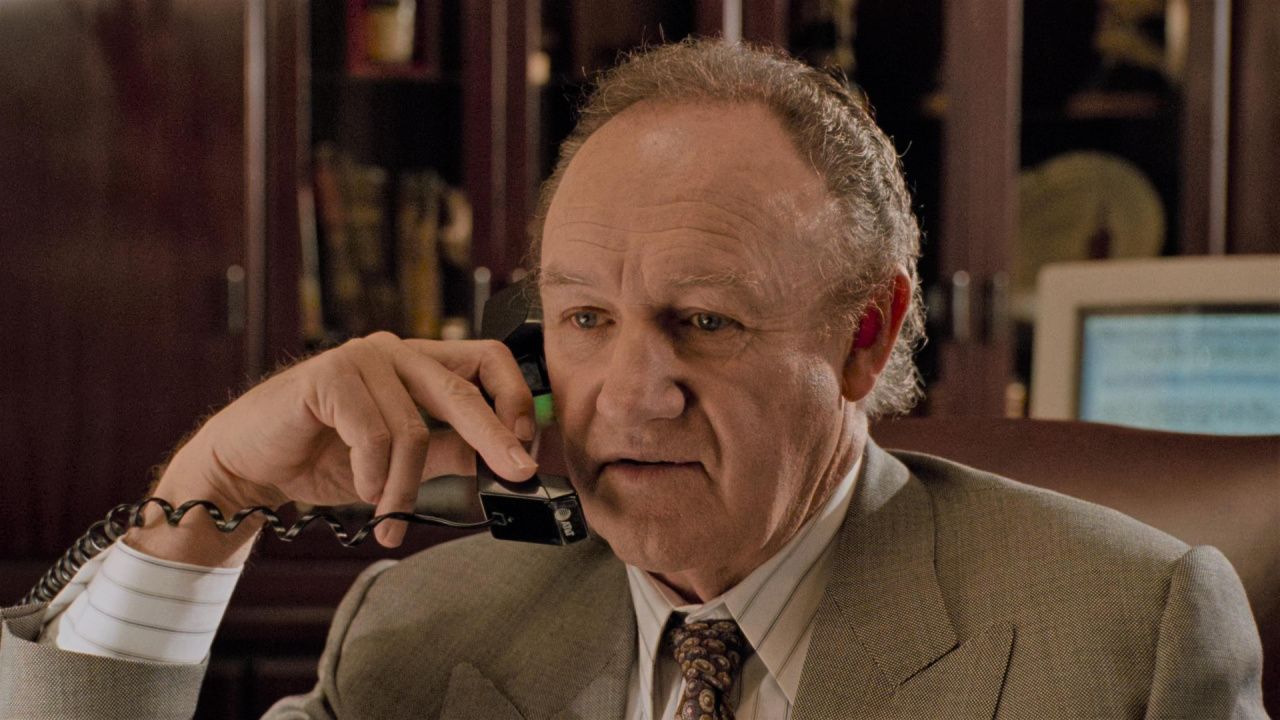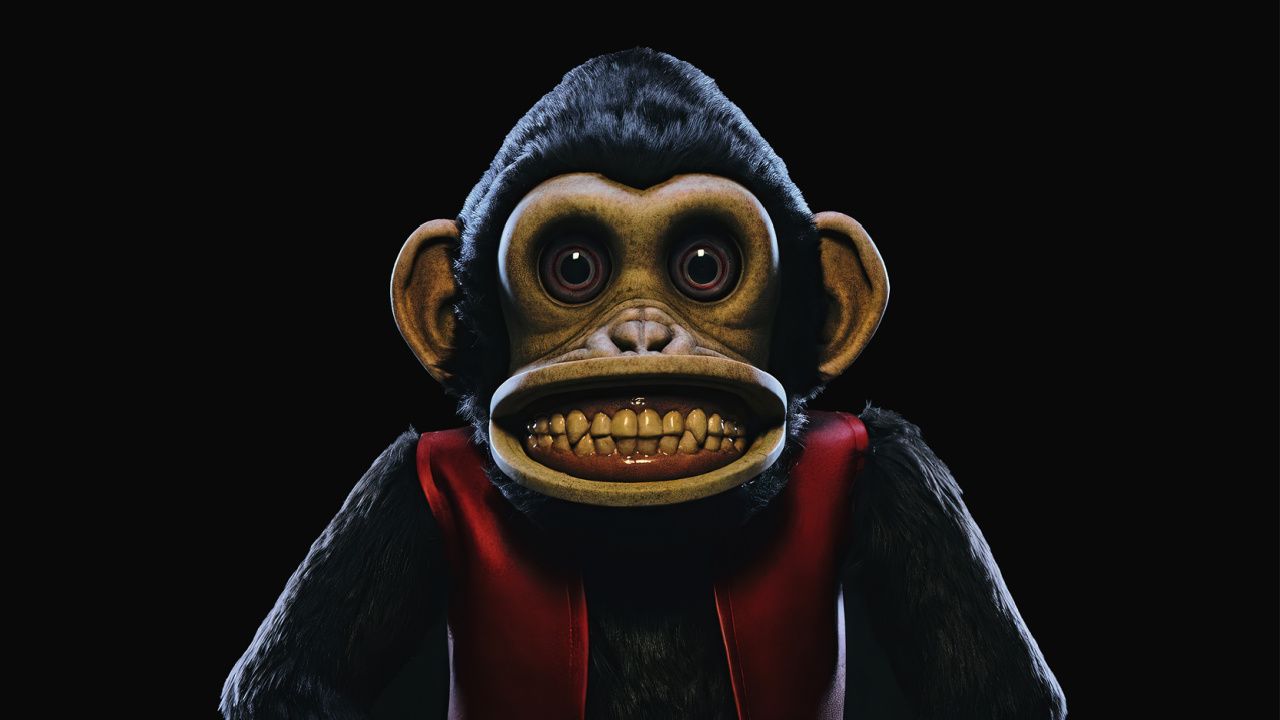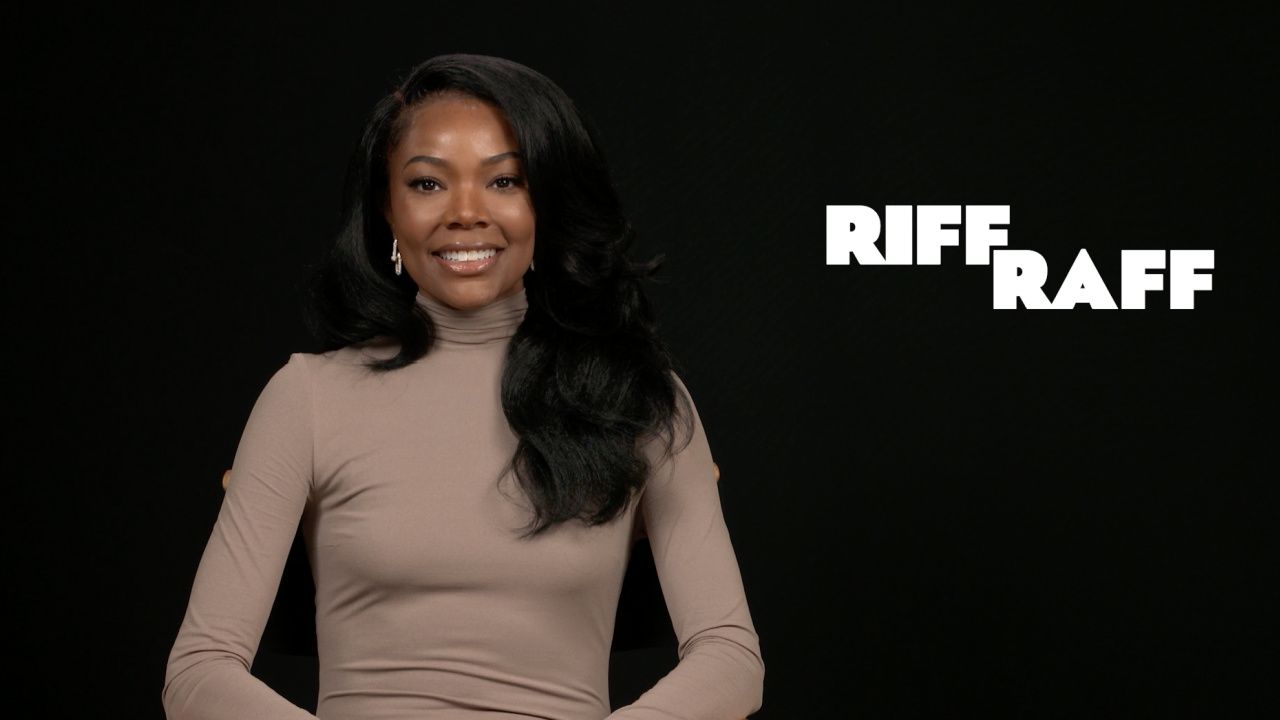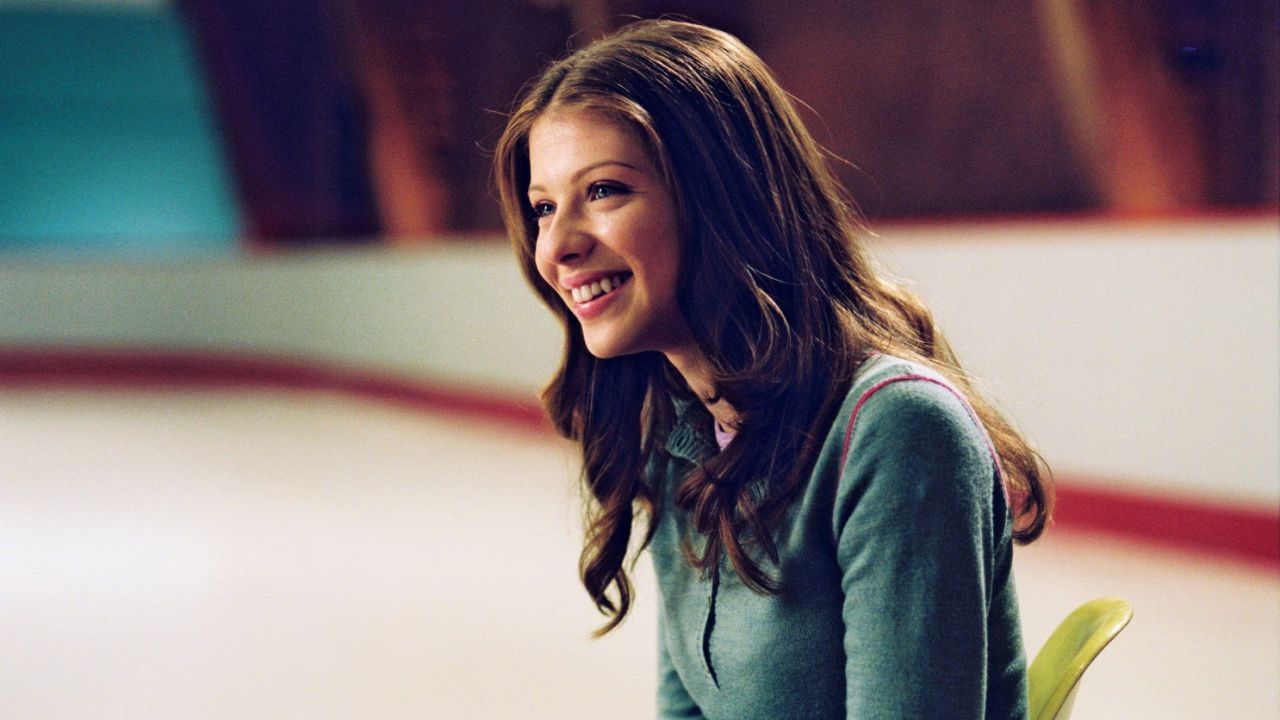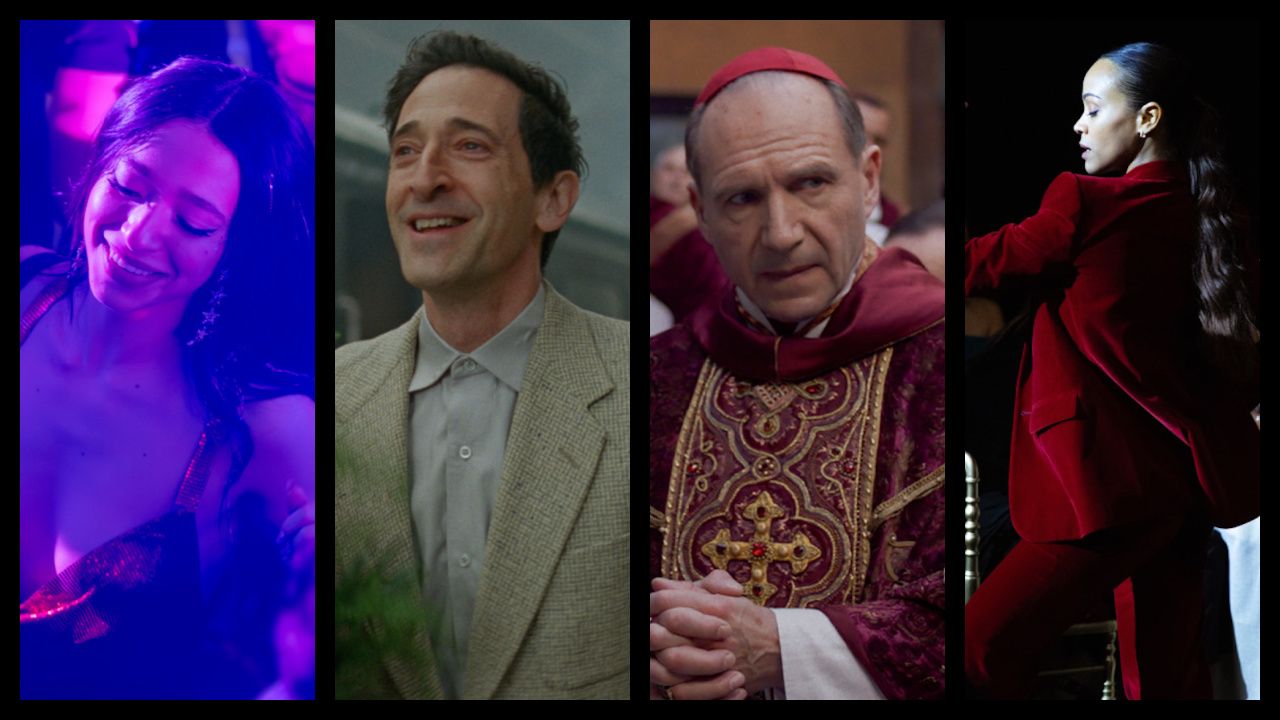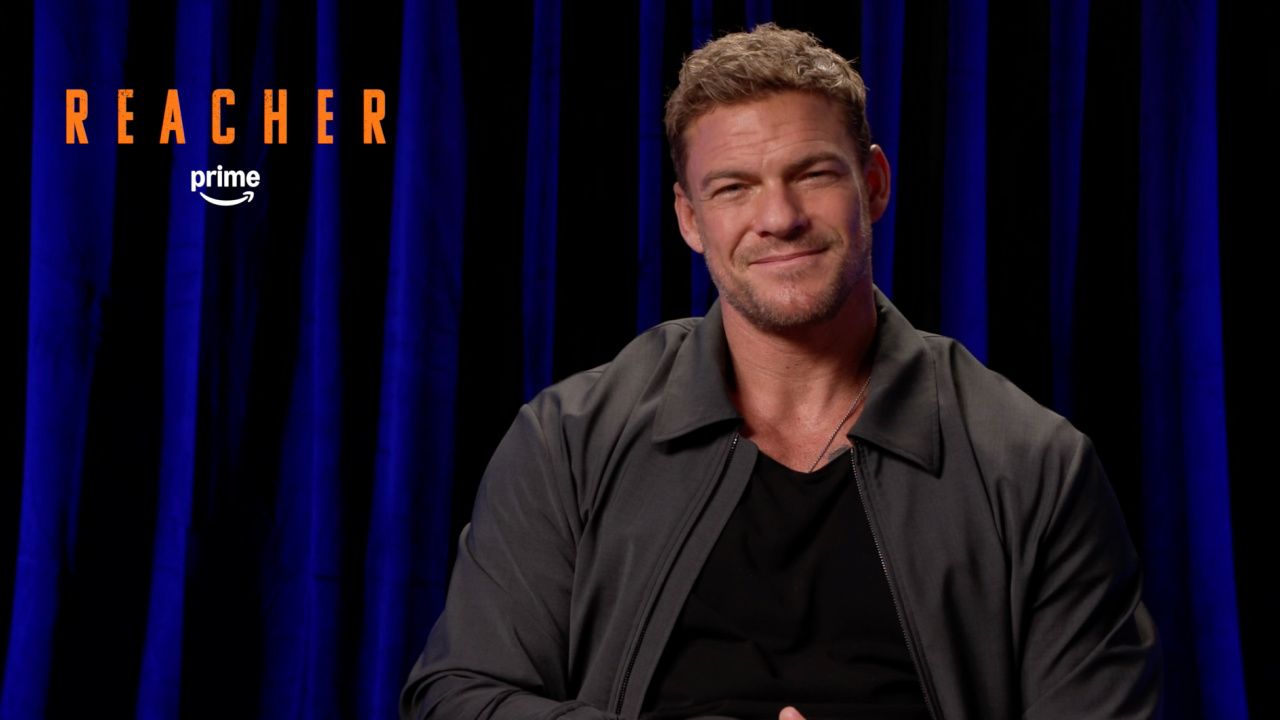The Importance of Teen Comedies
Much like taxes and death, teen comedy movies are a certainty of life. On Friday, February 20, the newest addition to the pantheon of high school dramas will be released: "The DUFF," starring Mae Whitman and Robbie Amell. Whitman plays Bianca, the "designated ugly fat friend" (DUFF) of her social group. The plot of the film seems cliché, but to be fair, it is a part of a genre that has thrived on stereotypes. Whether or not "The DUFF"will not only be successful, but also influential, depends on its ability to communicate to teenagers.
It has been 30 years since the release of "The Breakfast Club"(1985), 20 years since the movie "Clueless"(1995) premiered, and a little over 10 years since "Mean Girls"(2004) hit theaters. These three films happen to be my favorite teen comedies because, despite the dated outfits and references, they perfectly captured what it actually is to be an adolescent. While very different, each of these movies show what friendship is actually like when your hormones are on the fritz. "The Breakfast Club"teaches us that everyone is secretly weird, lost, and confused. In "Clueless," we learn that true friendship can teach us to be better people. "Mean Girls"shows that while we can be cruel to each other, we have the choice and the capability to be great as well. These films also have actual realistic representations of teen emotions, a time when every little problem is heightened to a high-stakes issue. When watching these movies, teenagers can feel like they're actually being represented, while adults can remember the angst and joy of being young (and feel secretly glad that they never have to endure high school again).
High school movie characters tend to seem a bit more mature than their real life counterparts, probably because actors in their mid-20s are portraying 15-year-olds. Have you seen a real 15-year-old lately? Let me tell you, they do not in any way look like Robbie Amell. There are far more pimples and far less chiseled good looks. Furthermore, teen movie characters are also a lot wittier. I can't tell you the last time I heard a high schooler say a witty one-liner a la Cher Horowitz in "Clueless"that didn't involve a puerile joke. But the fundamentals of teen angst are still there and relevant in these movies, and that's part of what makes them important.
American culture is obsessed with youth, completely preoccupied with giving young people labels and defining their interests. "The Breakfast Club," "Clueless," and "Mean Girls"stand the test of time because they recognize this cultural preoccupation and subvert it, working it so it benefits teenagers instead of the adults who attempt to constrict and understand them. I mean, "Sincerely yours, the Breakfast Club"? The whole movie is about breaking societal stereotypes and reconstructing them to work for teenagers! In "Clueless," Cher is portrayed as a stereotypical Californian girl, but she's really sweet and kind, willing to help others while still being fabulous. "Mean Girls"tells teenagers, especially girls, that they don't have to be in competition with each other, a value enforced by society since childhood. Instead, they can work together. So a good teen movie doesn't only relate to teenagers on an intrinsic level, but it also proves that they are more than just a subset, or even a symbol.
I don't know if "The DUFF"can live up to these standards, but I hope that it does. If it takes the time not only to be clever and romantic, but also sincere, then perhaps it too can be remembered as a great portrayal of the American teenage life.
Grace Segers is a student at Tufts University and a contributor to Moviefone's Campus Beat.
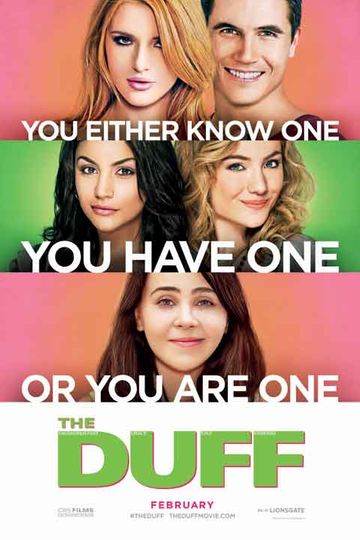
The DUFF





